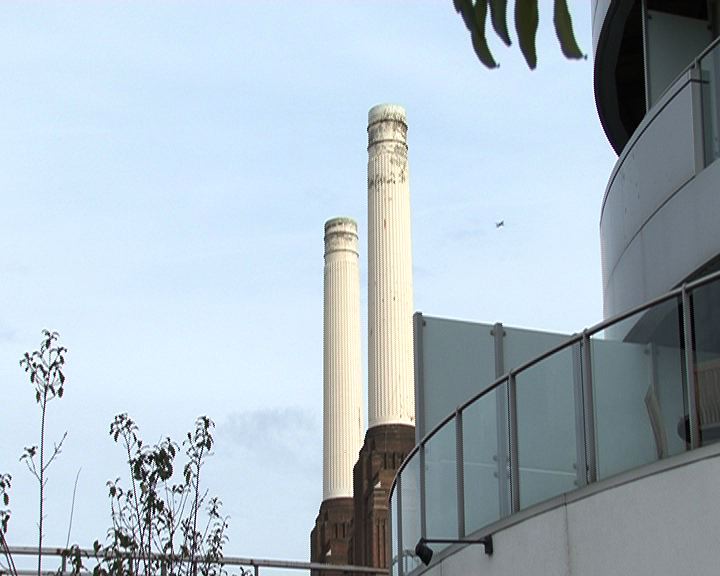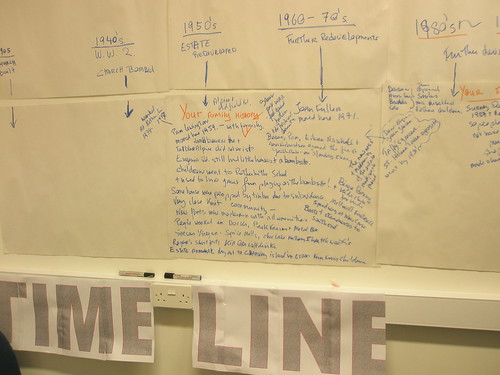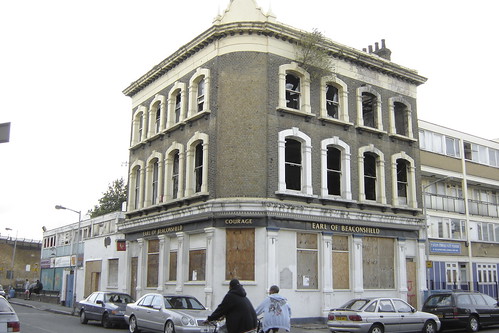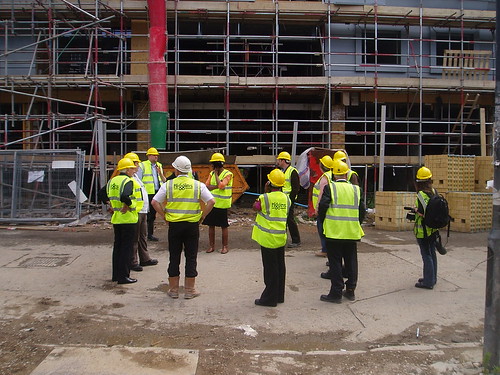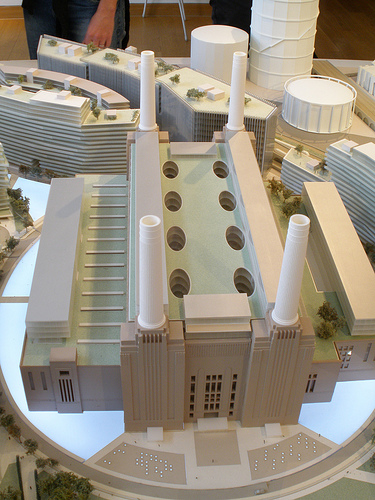The future of Battersea Pumping Station, located next to the Battersea Power Station, is in serious doubt. If the current planning application to redevelop Battersea Power Station and the surrounding land by REO / Treasury Holdings is accepted without alteration by Wandsworth Council in July, the Grade II listed building would be demolished under assertions by the developers that the scheme would not be economically viable with its continued existence.
However, evidence to support this claim is less than accurate. Neither in the private nor public domain have the developers or Wandsworth Council revealed the percentage split of affordable and luxury housing. Without knowing what percentage of the planned housing developments will be “luxury” or affordable apartments it is not possible for REO, let alone English Heritage, to know how much profit the developers will make, therefore arguments over the economic viability of the scheme are spurious. Assuming the developer calculated the minimum amount of “affordable” flats would be needed the issue is not the economic viability of the scheme but the size of REO/Treasury Holdings profit margin.
REO argue that the Pumping Station should be demolished for the “Community benefit” but what they mean is their profit. It is becoming depressingly common for developers to present their economic interests as a community benefit. In this case what is actually meant is that if the developer does not get its way and make a substantial profit then the scheme will not go ahead and the community will suffer decades more planning blight.
Despite formally submitting their application in November 2009 in which they declared that flattening the pumping station would be critical, in February the only definitive number of houses of the 3856 dwellings of the master plan given any ‘status’ whatsoever are the 245 build-to-let houses – classified as non-affordable. As recent as March this year, in a Q & A session with the Planning Director Jeremy Castle, the percentage of affordable housing against non-affordable had still yet to be decided.
English Heritage, an organisation whose official remit is to promote and protect Britain’s historical environment, have effectively given their blessing to REO by deferring any decision-making responsibility to the Local Planning Authority.
In a letter to the Local Planning Authority, Nick Collins stated that although the proposed plans “risk causing harm to the setting”, the decision ultimately rests on assessing whether or not the ‘substantial community benefit’ (community benefit in this case being private gain) outweighs the loss of the building and whether or not the building could be bought up by another party and reused (you can see the new legislation PPS5 here).
Under this new legislation the council must establish no other organisations are interested in buying the building or that no alternative community use can be found. Battersea Power Station Community Group has registered its interest and is supported by a number of local and special interest groups.
The Victorian Society is one of a number of expert groups who are against demolishing the Pumping Station, yet they have been ignored (see the interview with Alex Baldwin from The Victorian Society here).
Jeremy Castle plans to reveal the official percentage of affordable housing on June 15th – less than a month before Wandsworth Council make their final decision on the application. Aside from the absurdity of demanding a 150 year-old building be torn down because ‘it might be handy’, the relinquishing of accountability by organisations like English Heritage demonstrates an alarming and depressing deference to private business when they are funded to enforce and support preservation.
The exhausting planning process and massive application documentation helps developers like REO / Treasury Holdings to wear down any resistance and bury the fact that they intend to destroy historically and culturally significant sites without open discussion. As English Heritage have in recent years funded the restoration of Cross Ness Pumping Station, their dereliction of duty and unfounded support for the vandalism of Battersea Pumping Station is curious.
Click Battersea Power Station for more blogs
Or visit PlanA our general blog on urbanism, planning and architecture.
See our Battersea Power Station project pages for more information and videos.
Spectacle homepage
Befriend Spectacle.Docs on Facebook
Follow SpectacleMedia on Twitter


